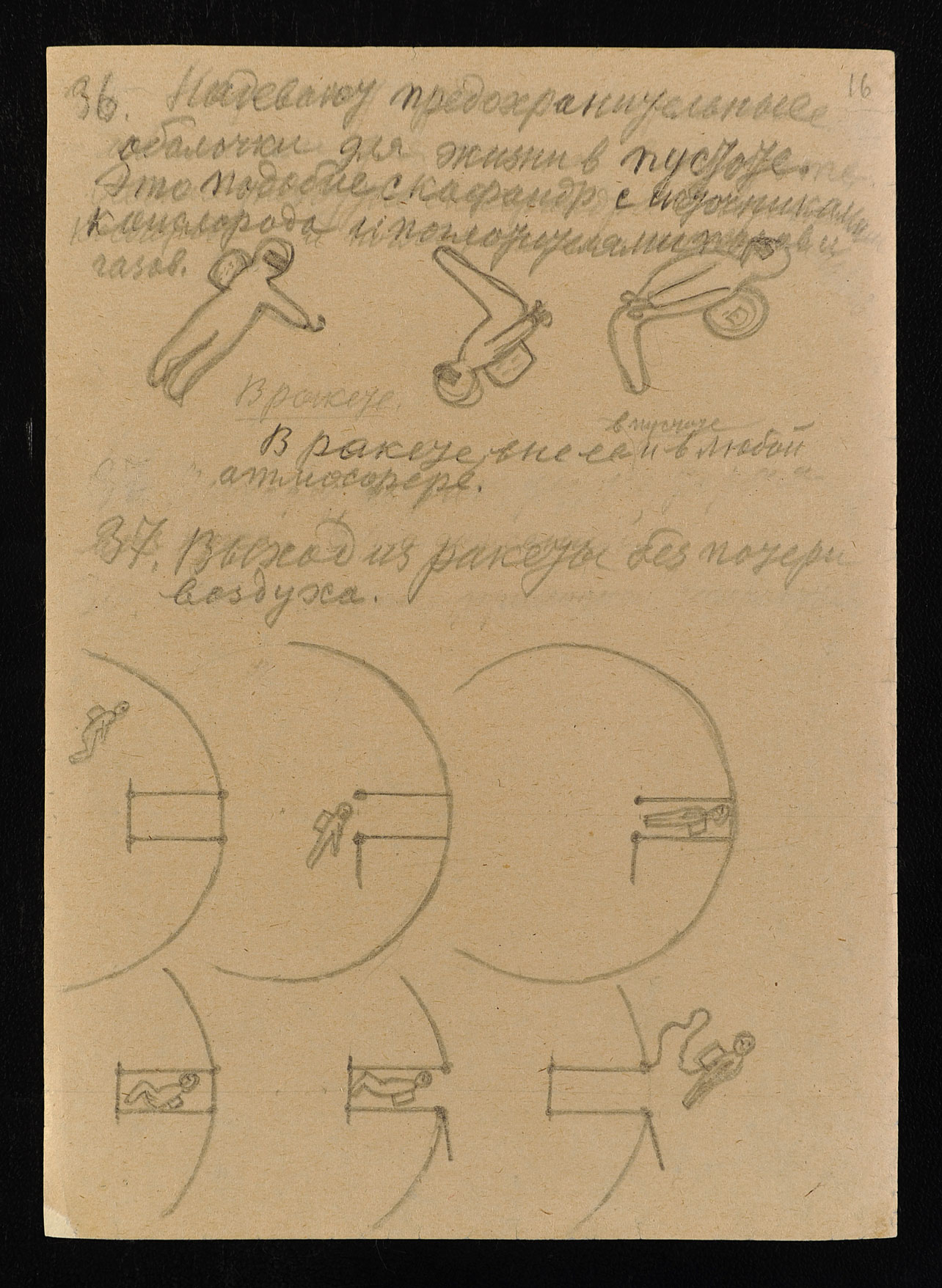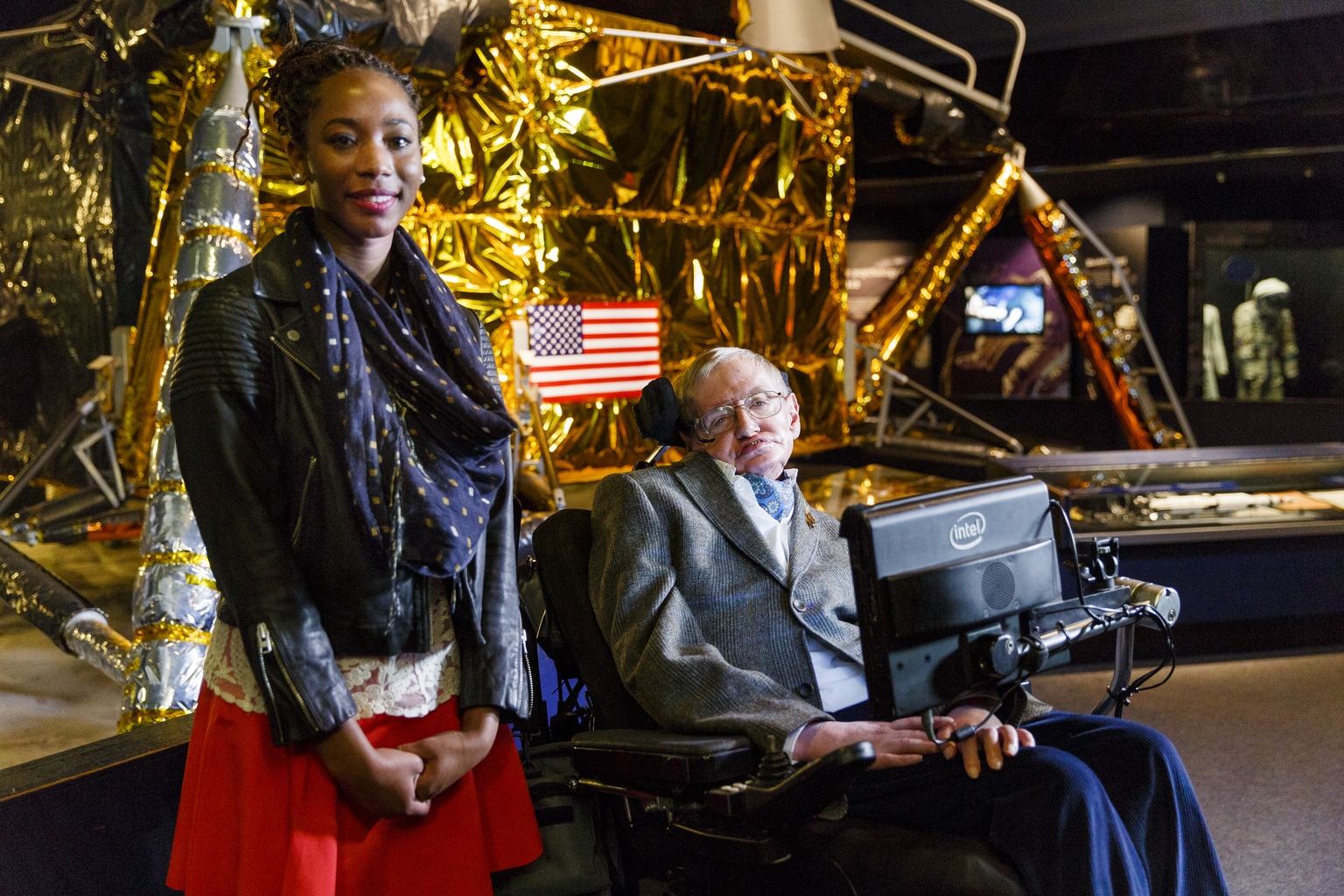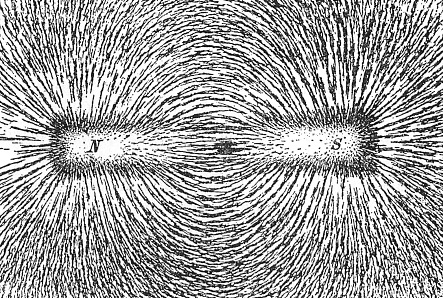
Dr Harry Cliff celebrates Back to the Future Day with a look at the physics of time travel.

Dr Harry Cliff celebrates Back to the Future Day with a look at the physics of time travel.

The ideas that fuelled the birth of the space age dawned much longer ago than many realise. In their research for our Cosmonauts exhibition, Science Museum curators traced the origins of the first great leap into space by Yuri Gagarin in 1961 to events that took place well before the turn of the 20th century. Russian fascination with the cosmos first flickered into life in the 1880s with the appearance in print of the first translations of Western science fiction novels […]

Jane Desborough, Associate Curator of Science explores our collection of Robert Hooke microscopes as we celebrate 350 years since the publication of a truly remarkable book.

This week, Professor Stephen Hawking gave London’s Guest of Honour, Adaeze Uyanwah, a personal guided tour of the Science Museum. Describing the museum as one of his favourite places, the Cambridge University cosmologist told Adaeze “It helped fuel my fascination with physics and I have been coming here for decades.” The tour, which lasted more than an hour, is one of a series of magic moments for Adaeze, 24, from California, who beat off over 10,000 international entrants to win […]

150 years ago today (1 January), James Clerk Maxwell published his work on light, electricity and magnetism. Our resident physicist, Dr. Harry Cliff, reflects on how Maxwell helped transform the way we live.
Playwright and novelist Michael Frayn discusses his most famous work in conversation with the Director of the Science Museum.
By Pete Dickinson, Head of Comms at the Science Museum. What better way to round off events linked to our Collider exhibition about the world’s greatest experiment than with a special screening of Particle Fever, a documentary exploring the same extraordinary story of the Large Hadron Collider at CERN? Critics, such as the New York Times, have given the film rave reviews and there was a palpable buzz when Director Mark Levinson, was joined in the museum’s IMAX theatre by […]
With just two weeks before our Collider exhibition closes, curator Harry Cliff will be inviting you to step inside the world’s greatest experiment as he takes you on an exclusive twitter tour of the exhibition.

We sat down with Pippa Nissen from Nissen Richards Studio to talk about her team’s work on our Collider exhibition.
Tilly Blyth, Lead Curator for Information Age, reflects on how the World Wide Web came into existence.
Curator Ali Boyle blogs on Big Science, a recent discussion about science and society since WWII that was part of our Collider events series. If you want to get an understanding of giant scientific projects like CERN, go into your kitchen and take your microwave apart. Actually don’t – we recommend that you leave potentially-destructive household experiments to the guidance of Punk Science. But as Jon Agar points out, a household device that we now take for granted contains […]
Quantum physicist and broadcaster Jim Al-Khalili blogs on interviewing Peter Higgs for the new series of The Life Scientific.